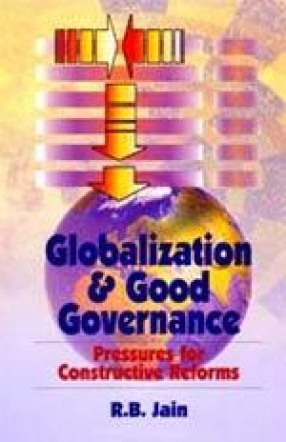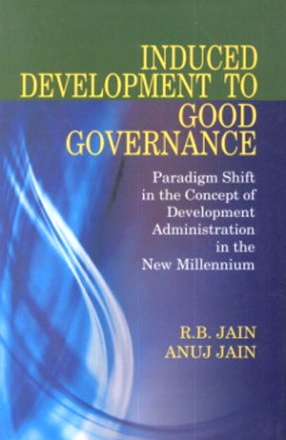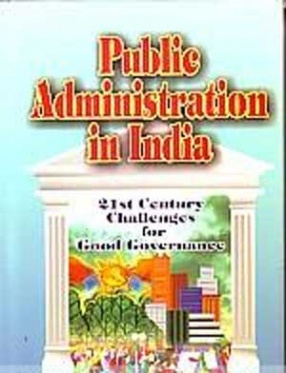A number of scholars of political economy and some World Bank officials has suggested-somewhat provocatively-that contrary to widespread pessimism regarding the effects of globalization on nation states and the quality of governance in developing countries, several of its features can be made instrumental, and be beneficial, in terms of public policy making and state capability. Four “constructive pressures†stemming from globalization could be seized constructively by citizens and governments in the developing world: first, Better informed and better connected citizens, and an emerging global civil society demand improvements in service delivery, transparency, and participation. Second, subnational governments, often backed by local NGOs and businesses, and keen to attract foreign investment, increasingly exert pressure vis-?-vis central governments. Third, global investment strategies by private businesses increase the demand for appropriate institutional arrangements within developing countries as well as credible government policies. Fourth, International Organizations, in particular International Finance Institutions, have been addressing public sector modernization in developing countries and although with mixed results, also sponsoring global public policy networks in critical areas. Globalization, thus, advances the discussion about, and the demand for, new institutional arrangement, clearly with new opportunities for improvements in state capability and governance not only in the developing countries but in some countries of the developed world as well. Globalization, also often acts like a magnifying glass, advancing the discussion about, and the demand for, such institutional arrangements. The book, which is the outcome of the papers presented at the panels of the International Political Science Association’s Research Committee # 4 at its 19th World Congress held in Durban in 2003, contains a number of essays reflecting on the conceptual analysis of the theme with select country studies. The thematic unity is provided by a comprehensive introduction and a conclusion by the Editor, who also raises some new concerns of good governance due to emerging notions of ‘global democracy’ and ‘global governance’, which have further put the nations of the world under tremendous pressures for constructive reforms. Based on the finding of the contributors, the compendium, in the final analysis, attempts to suggest a seven pronged strategy to meet the challenges of good governance in the age of globalization and its aftermath.
Induced Development to Good Governance: Paradigm Shift in the Concept of Development Administration in the New Millennium
The concept of Development ...
$34.20
$38.00








There are no reviews yet.